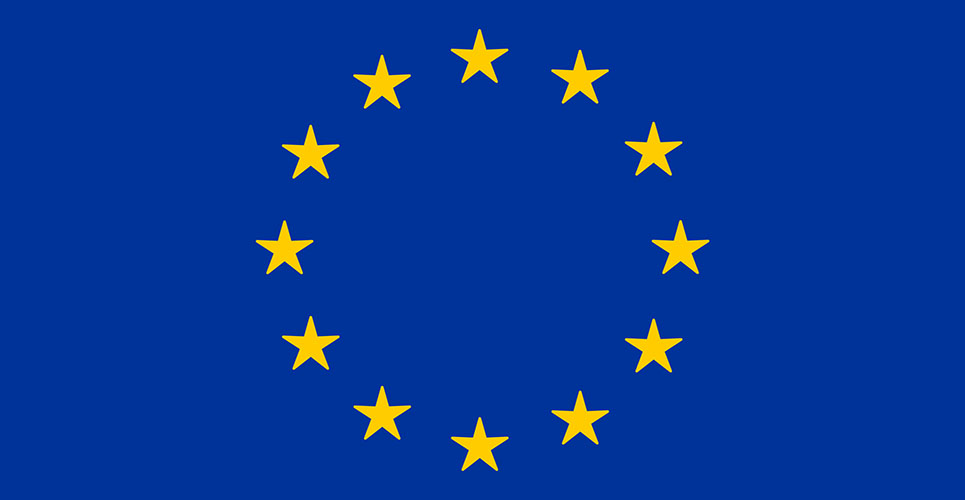teaser
The European Commission has launched a “broad public debate” on the future of pharmaceuticals in Europe, and is inviting all stakeholders, and particularly small and medium-sized enterprises (SMEs) in the sector, to contribute.
The EC says the debate will help in its aims to improve the framework for human-use pharmaceuticals within the European Union in the face of the following new public health, scientific and economic challenges.
The EC says globalisation brings both challenges and opportunities, with challenges including the emergence of worldwide health threats such as the increasing number of counterfeit medicines or pandemic influenza, while the internationalisation of the value chain and the rise of new players in global competition provide compelling grounds to intensify international cooperation.
The EC says two objectives must be met: better protection of the health of EU citizens, and strengthening of European companies’ competitiveness by removing regulatory and nonregulatory barriers which impede access to foreign markets, and also ensuring fair international competition.
Globalisation also means that due to structural factors which go beyond the pharmaceutical sector – such as labour costs – the “centre of gravity” for worldwide R&D investment in the field is gradually moving to the USA and Asia. The EC says Europe should strive to regain territory it covered for most of the 20th century, when it was the home of pharmaceutical innovation.
Regarding the smooth functioning of the internal market in a widening EU, the EC says member states’ implementation and interpretation of EU legislation still create obstacles to the free movement of medicines, while overburdening requirements also affect competitiveness, especially for SMEs, without always bringing public health benefits.
There is scope for better regulation, for example in variations to existing authorisations, and possibly also for clinical trials, says the Commission. Also, different national pricing and reimbursement schemes still coexist, leading to market fragmentation, parallel trade, price disparities and time-to-market delays; because of administrative requirements and poor economic rewards, in certain countries medicines are not even available.
The lack of transparency and harmonisation with regard to pricing, reimbursement and relative effectiveness remains a challenge, it emphasises.
Moreover, the safety of medicines remains a major EU internal market issue, with the continued existence of multiple and sometimes inefficient pharmacovigilance requirements. The challenge is thus to strengthen and rationalise drug safety monitoring, while avoiding unnecessary requirements that impair patients’ access to treatments, it says.
The EC says it is also analysing the patient safety aspects of medicines in the distribution chain, including those related to parallel trade and counterfeiting, while another trend shaping the sector is the increasingly proactive role of patients, who require better access to quality information. However, information provided currently varies between member states, and media such as the Internet may not always provide reliable data.
PharmaTimes 2/8/2007
